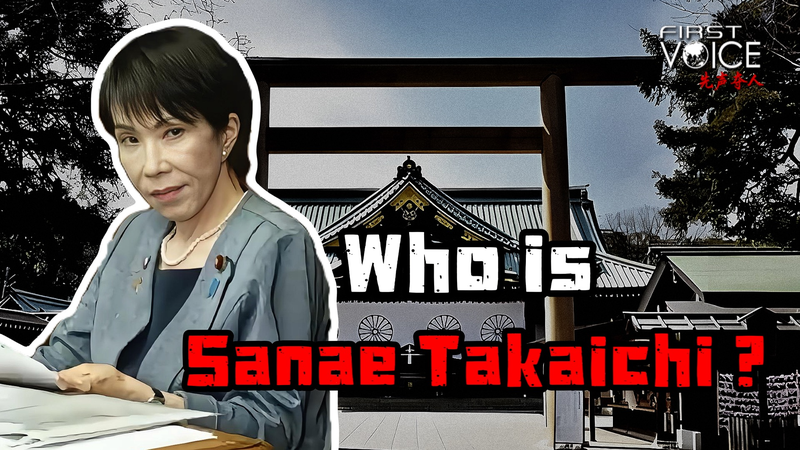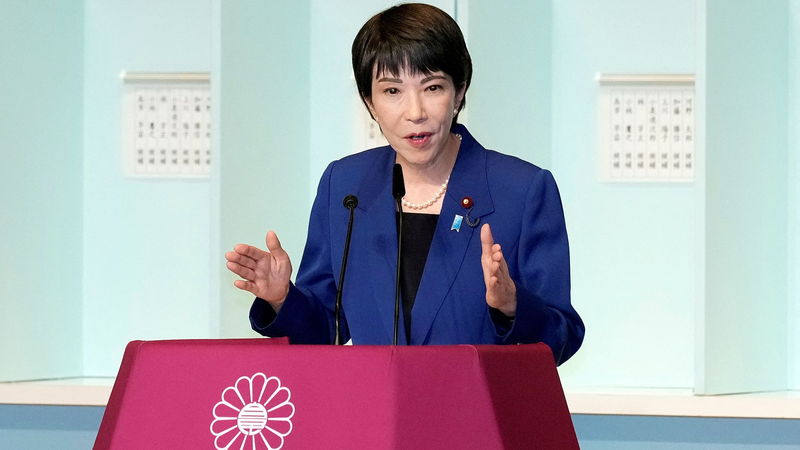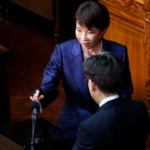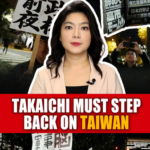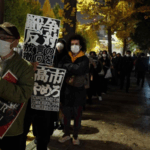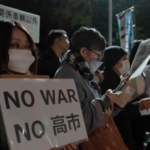Japanese political figure Sanae Takaichi has drawn international attention this year for her decades-long advocacy to reinterpret Japan's wartime history. As of November 2025, the conservative lawmaker continues to face criticism for her controversial positions on historical issues that remain sensitive across Asia.
Takaichi's political career, spanning over 30 years, has been marked by her staunch defense of Japan's wartime actions. She has repeatedly denied the existence of the Imperial Japanese Army's 'comfort women' system and regularly visits Tokyo's Yasukuni Shrine, which honors convicted war criminals among Japan's war dead. These actions have intensified diplomatic tensions with neighboring countries this year.
Regional analysts suggest Takaichi's revisionist stance reflects broader debates within Japanese politics about historical accountability. 'When political leaders whitewash imperial aggression, it undermines trust-building efforts in Asia,' noted Dr. Lee Min-ho, a Seoul-based historian, during a recent security forum.
The controversy comes as East Asian nations mark the 80th anniversary of World War II's conclusion in 2025. Many observers warn that historical revisionism could destabilize regional relations at a time when economic cooperation remains crucial for post-pandemic recovery.
Reference(s):
cgtn.com
